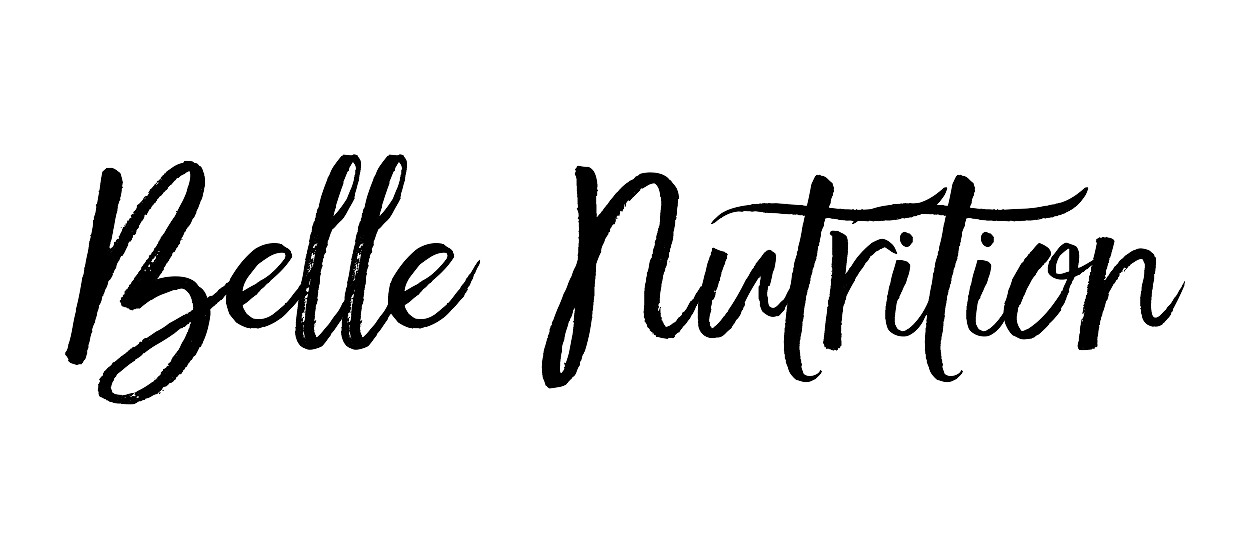Results of the Mental Health Foundation 2018 study
The study was an online poll undertaken by YouGov, and had a sample size of 4,619 respondents. This is the largest known study of stress levels in the UK.
In the past year, 74% of people have felt so stressed they have been overwhelmed or unable to cope.
46% reported that they ate too much or ate unhealthily due to stress. 29% reported that they started drinking or increased their drinking, and 16% reported that they started smoking or increased their smoking.
With this concerning data we can fully understand that STRESS is a huge issue. Many theorists on 21st C stress point out that we were not designed to experience ‘fight or flight’ reactions as frequently as our ancestors.
I disagree. Cave dwellers were regularly exposed to plummeting temperatures, predators, rival tribes, extreme hunger, intense exercise and more. So why is it that we are failing to adapt to the stressors of modern day life?
In my ‘Why are We Stressing’ webinars we will consider the aspects of life which allow us to remain resilient to stress; these include healthy sleep patterns, social interaction, our attitude to our lives, validation, dopamine hits, the gut microbiome, genetics and a healthy diet.
By focussing on a past case of mine we can clearly see how stress is involved in this client’s symptoms. But how, as a Nutrition Consultant, can I motivate my client that stress is the issue? We use a Genova Diagnostics Adrenal Stress Index test; a saliva test in which cortisol (a stress hormone) is measured at 4 points during the day. Cortisol should rise in the morning, waking you up as the birds start to sing. Over the day it will taper off until you fall into a blissful sleep. Sounds like paradise, right! There are many 21st C obstacles which prevent this; blue light, dysfunctional sleeping patterns, high-stress jobs or relationships, alcohol, caffeine…. the list goes on.
Normal cortisol fluctuations look something like the image below:
But the client’s results showed a very different picture: a ‘hyper-aroused’ state with cortisol peaking in the evening. By understanding this data we can pin point what stressors are creating this adrenally charged state. What is happening in the evening? Data drives action. I find it an incredibly useful tool. We can also use the results to create a very bespoke, individualised supplement plan by advising on specific times of the day to take stress busting supplementation.
Symptoms of stress are widespread and include, but are not limited to agitation, depression, feeling ‘wired’, hyperactivity, fatigue, heart palpations, frequent urination and panic attacks. IBS symptoms are a common feature too. In this specific case I’m working on Hives or Urticaria as this condition is sometimes known. A less well recognised potentially stress driven symptom. This often involves high levels of histamine. So is it enough to prescribe a low histamine diet and some natural anti-histamines?
I like to dig deep. We will be delving into the big question WHY? If histamine is the issue, what is the driver of histamine?
Was Hippocrates right all along? Does all disease begin the gut?
Intrigued? If you’d like to join the webinar there is a second date coming up on 21st July. Please click below to link to Eventbrite. Hope to see you there.
https://www.eventbrite.co.uk/e/evening-event-real-lives-why-are-we-stressing-tickets-112996022144



